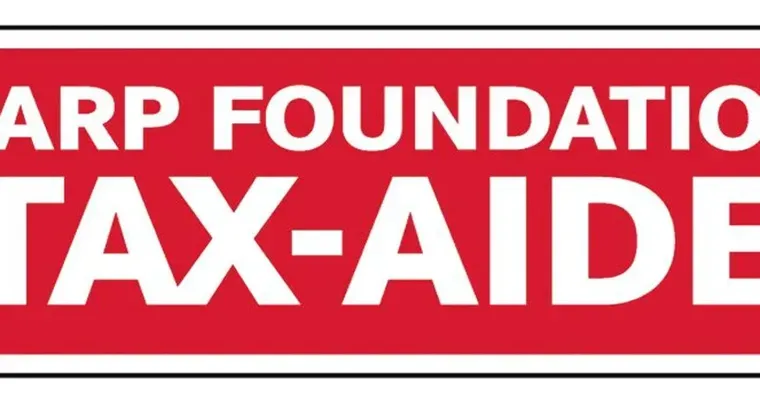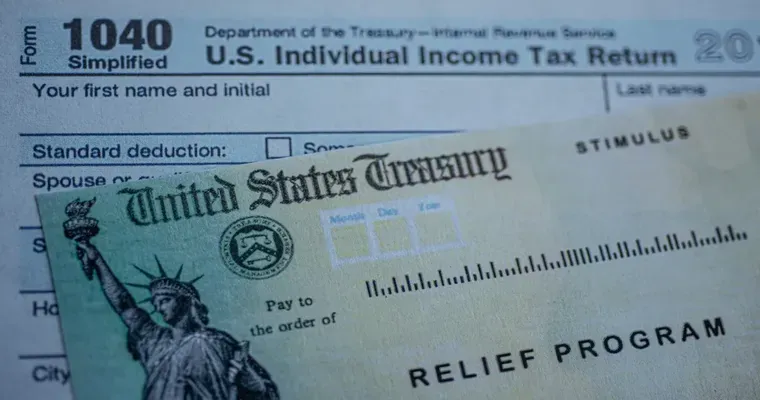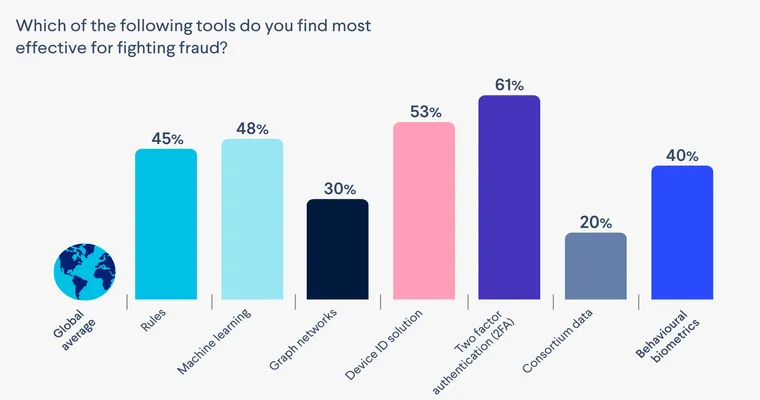Working as a "private caregiver" can be a rewarding experience, but it also comes with its own set of financial responsibilities. If you have recently worked as a private caregiver for seven months and learned that the "Power of Attorney (POA)" intends to issue you a "1099", you may be wondering if you need to file this form. Understanding the implications of receiving a 1099 is crucial for managing your taxes and ensuring compliance with IRS regulations.
When you work as a private caregiver, your earnings may be classified as self-employment income, especially if you are not considered an employee of the individual receiving care. If the POA is providing you with a "1099 form", this indicates that they have reported your earnings to the IRS. A 1099 form is typically issued to independent contractors or freelancers who have earned $600 or more during the tax year.
One of the first things to consider is whether you have received the 1099 form in the correct manner. The form should accurately reflect the amount you earned during your time as a caregiver. If you worked for multiple clients or caregivers, you might receive multiple 1099 forms, which means you will need to aggregate your earnings for tax filing purposes.
Now, do you have to file the 1099? The short answer is yes. If you receive a 1099 form, you are required to report that income on your tax return, even if you do not receive a form. The IRS mandates that all income must be reported, regardless of how it was earned. Failing to report your earnings could lead to penalties or an audit, so it's essential to take this requirement seriously.
In addition to reporting the income from the 1099, you may also be responsible for self-employment taxes. As an independent contractor, you are required to pay both the employer and employee portions of Social Security and Medicare taxes, which can add up to approximately 15.3% of your net earnings. It's a good idea to set aside a portion of your earnings throughout the year to cover these taxes.
To simplify the filing process, consider keeping detailed records of your earnings and expenses related to your work as a caregiver. This can include receipts for supplies, mileage if you drive to clients’ homes, and any other relevant expenses. These deductions can help lower your taxable income and reduce the overall tax burden.
If you are unsure about how to file your taxes or how to handle the 1099 form, it may be beneficial to consult a tax professional. They can provide personalized advice based on your specific situation and help you navigate the complexities of tax filing as a private caregiver.
In conclusion, if you have worked as a private caregiver and received a 1099 from the POA, you are required to file that income on your tax return. Being informed about your responsibilities will help you avoid potential pitfalls and ensure that you comply with IRS regulations. Remember to keep accurate records and consider seeking professional assistance if needed.





